Table of Contents
- Caged Bird by Maya Angelou at Spillwords.com
- (PDF) BREAKING THE SILENCE OF CAGED BIRDS: MAYA ANGELOU'S AUTOBIOGRAPHY ...
- In a Commanding Literary Voice, Maya Angelou Sang Out to the World ...
- June 2015 – geoffwhaley.com
- Maya Angelou
- Blog Posts - bastacenter
- Maya angelou caged bird essay topics
- Maya Angelou
- Maya Angelou Knows Why The Caged Bird Sings - AI Generated Artwork ...
- Students recite Maya Angelou's masterpiece "Caged Bird" - YouTube
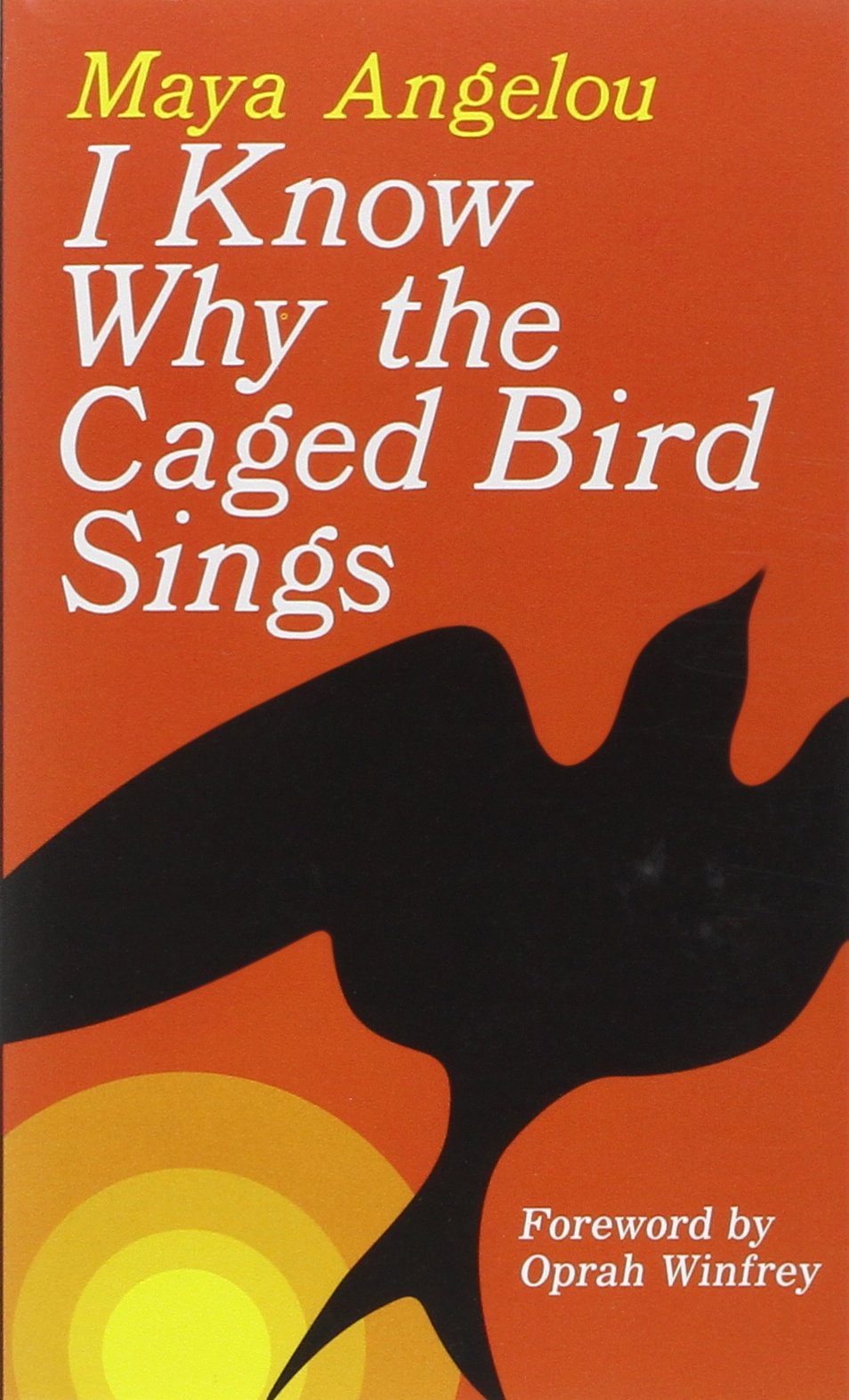
Maya Angelou, a name synonymous with literary excellence, social justice, and unwavering resilience, left an indelible mark on the world. Her iconic autobiography, "I Know Why the Caged Bird Sings," published in 1969, not only catapulted her to international acclaim but also cemented her position as a powerful voice for the marginalized and oppressed. This article delves into the profound legacy of Maya Angelou, with a particular focus on the themes and impact of her seminal work, "I Know Why the Caged Bird Sings," and how it continues to resonate with readers today.
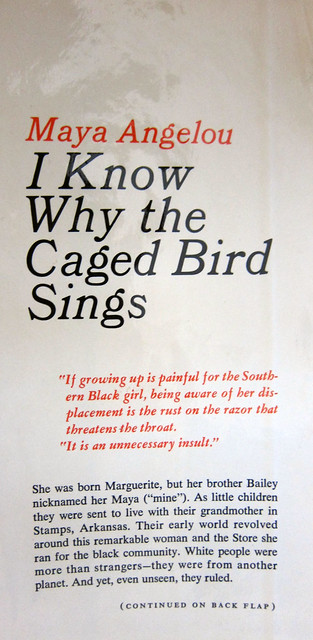

A Life of Trials and Triumphs
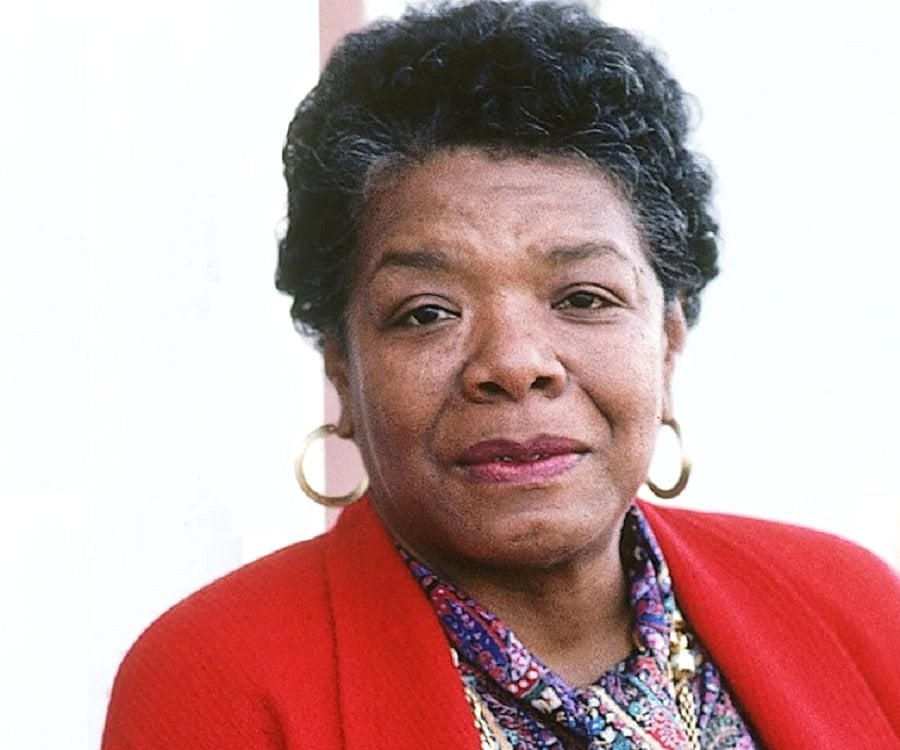
Born Marguerite Annie Johnson on April 4, 1928, in St. Louis, Missouri, Maya Angelou's life was a testament to the human spirit's capacity for survival and transformation. Her early years, marked by racism, personal struggles, and a deep love for literature, laid the foundation for her future as a writer and civil rights activist. Despite facing numerous challenges, including being silenced by trauma, Angelou found solace in words, using them as a tool for healing, empowerment, and change.
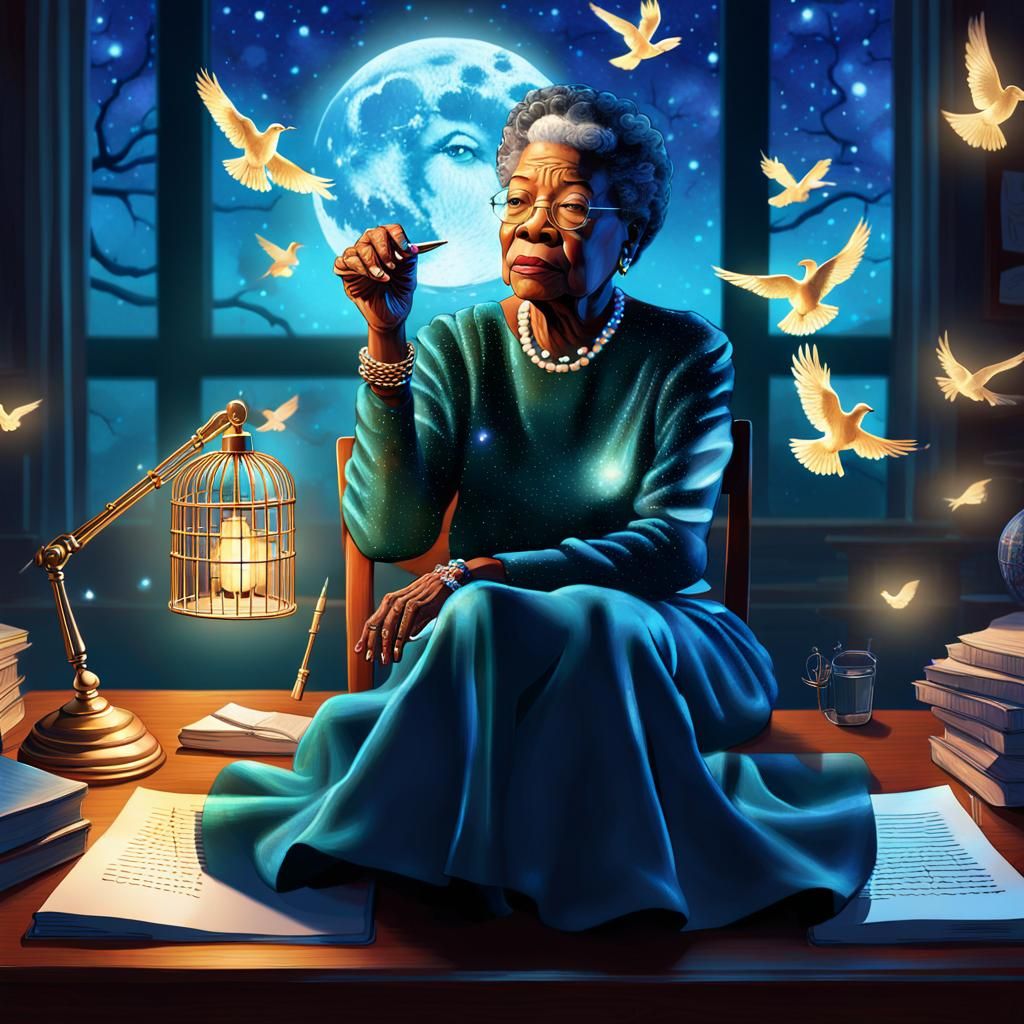

The Caged Bird Sings: A Symbol of Resilience

"I Know Why the Caged Bird Sings" is more than an autobiography; it's a poignant reflection of the African American experience, a powerful exploration of identity, and a celebration of the human voice. The title, inspired by a poem by Paul Laurence Dunbar, "Sympathy," speaks to the yearning for freedom and the struggle against oppression. Through her narrative, Angelou shares her personal story of growing up in the segregated South, confronting racism, and finding her voice amidst the silence. The book is a masterpiece of storytelling, weaving together themes of family, community, love, and the pursuit of equality.

A Legacy of Empowerment and Social Justice
Maya Angelou's legacy extends far beyond her literary contributions. She was a tireless advocate for civil rights, women's rights, and social justice. Her involvement in the Civil Rights Movement, alongside figures like Martin Luther King Jr. and Malcolm X, underscored her commitment to creating a more equitable society. Angelou's work continues to inspire generations, encouraging readers to reflect on their own experiences, challenge injustices, and embrace their unique voices.

Impact and Influence
The impact of "I Know Why the Caged Bird Sings" and Maya Angelou's broader body of work is immeasurable. Her writing has influenced countless authors, poets, and artists, paving the way for diverse voices to be heard. The book has been translated into numerous languages, reaching global audiences and fostering a dialogue about racism, identity, and personal freedom. Moreover, Angelou's legacy serves as a reminder of the transformative power of literature and the importance of preserving and celebrating our collective human experience.
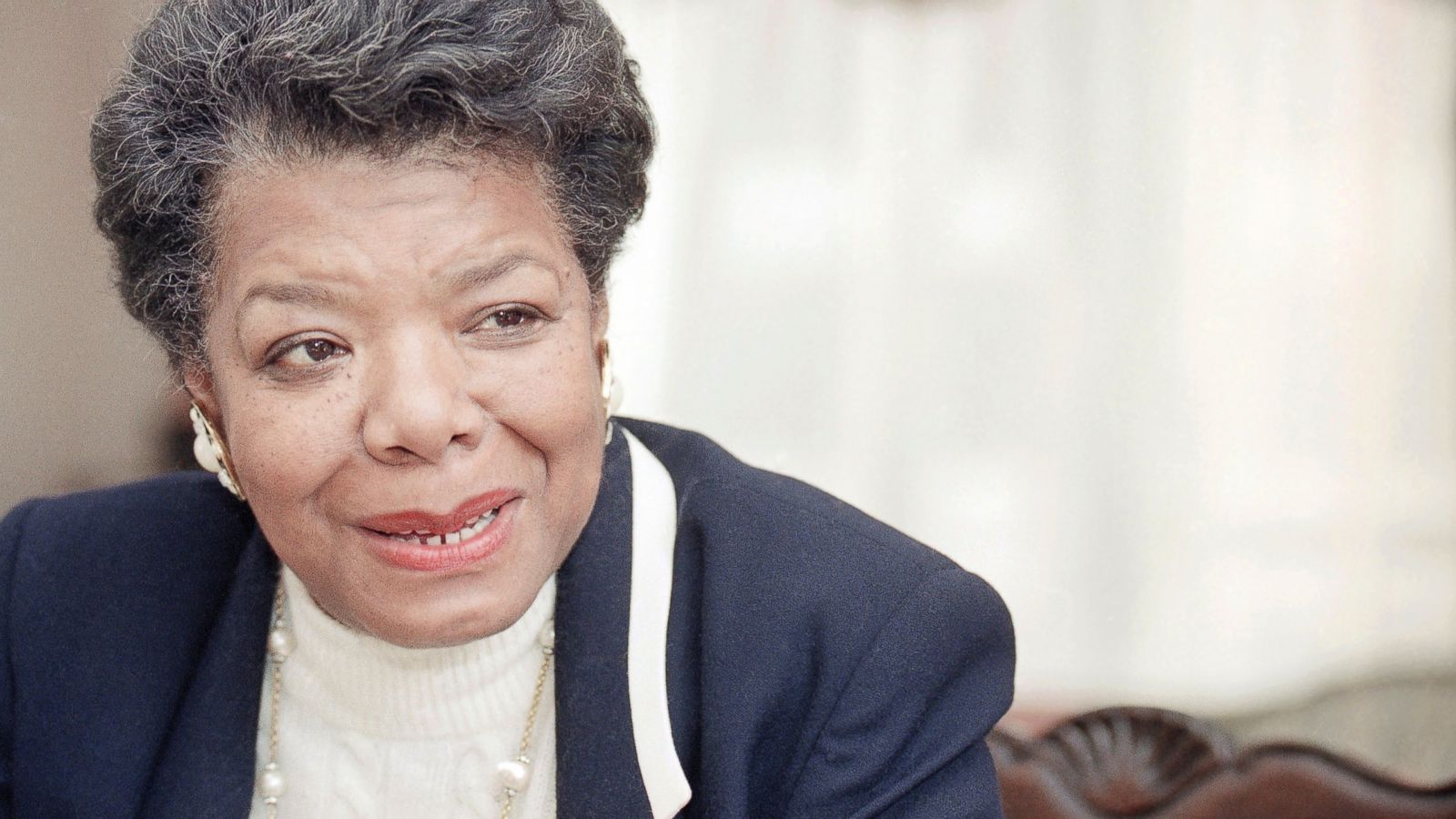
Conclusion: The Song of Freedom Continues
Maya Angelou's "I Know Why the Caged Bird Sings" is a landmark work that continues to resonate with readers today, offering a powerful exploration of the human condition. Her legacy is a testament to the enduring power of literature to inspire, to heal, and to challenge. As we reflect on her life and work, we are reminded of the importance of empathy, resilience, and the unrelenting pursuit of justice and equality. Maya Angelou's caged bird may have been silenced by the constraints of her time, but her song of freedom, hope, and defiance continues to echo through the ages, inspiring us all to find our voice and sing.
Through her remarkable life and work, Maya Angelou teaches us that even in the darkest of times, there is always hope, always a way forward. Her legacy is not just a reminder of the past but a beacon for the future, guiding us toward a world where every voice is heard, every story is told, and every soul is unshackled.